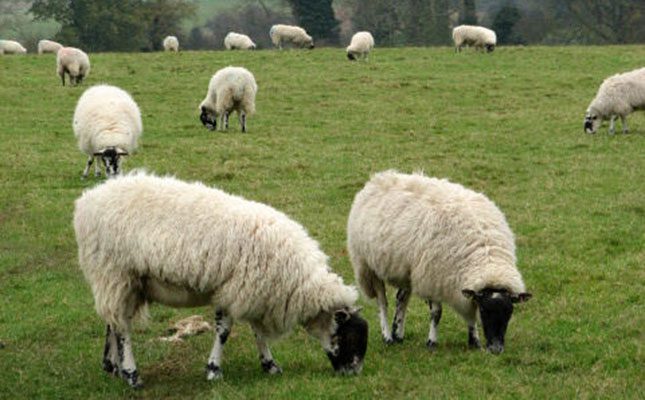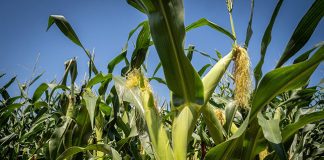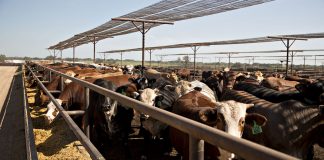
According to Farmers Weekly in the UK, the Department for Environment, Food and Rural Affairs’ Farming Innovation Fund will provide between £2,9 million and £3,7 million (about R70 million to R90 million) in funding over the next three years to measure methane emissions from 13 500 sheep in 45 flocks.
As part of the ‘Breed for CH4nge’ project, 42 flocks in England, two in Scotland and another in Wales will be monitored during this period.
The report said that the researchers hoped to “breed sheep with a naturally low carbon footprint, creating an estimated breeding value that combines methane yield, feed efficiency, productive lifetime efficiency and health”.
By analysing the data, the researchers would then rank the sheep on their genetic potential to reduce their carbon footprint, and farmers would thus be able to easily identify the low emitters amongst them.
Between 50% and 60% of UK sheep farms’ carbon footprint resulted from the enteric methane produced when the sheep digested their feed, and the industry had set a target for a 30% reduction in this level by 2030, the report said.
According to Janet Roden, a sheep geneticist at Innovis, the aim of the project was to “produce efficient maternal sheep with a naturally low carbon footprint, but with efficiency and health improvements too”.
She added, however, that breeding sheep to lower methane emissions could lead to a reduction in the size of their rumens. This, in turn, could alter the way in which the organs’ microbiome organisms worked, with consequences for feed intake and grazing behaviour.
Phil Stocker, chief executive of the UK’s National Sheep Association, which is to be a partner in the project, stressed that protecting other traits was crucial.
“There’s no point in selecting for low methane if we lose other valuable traits,” he told FarmingUK.
“We have to move faster in terms of farming being a solution to climate change, and play our part in the UK’s target of 30% methane reduction by 2030 agreed during COP26 [UN climate change conference].”
In New Zealand, breeders had been involved in research on breeding values for methane emissions for the past decade, and lamb products labelled as ‘net zero’ were already available to the consumer, according to the Farmers Weekly UK.
Dewi Jones, CEO of Innovis, said it was important for the UK to protect the credentials of its sheep farming “by demonstrating that the industry was not shirking away from its requirement to reduce emissions”.
He added that only 15% to 20% of sheep flocks in the UK were estimated to use performance-recorded maternal rams in their breeding programmes. “The challenge will be to get more farmers on board once the project has ended.”












